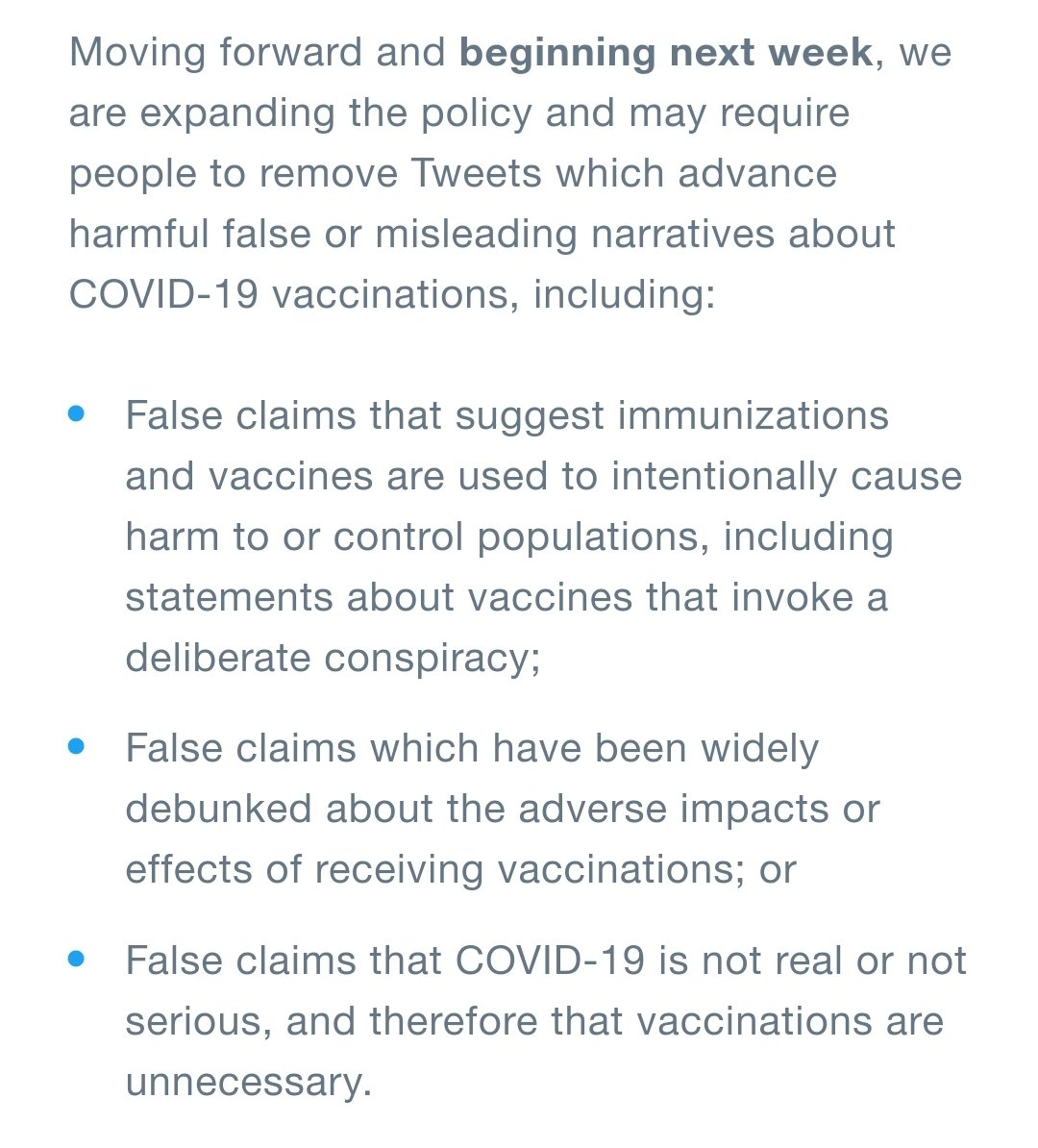
I think that this article by @PeteJamison looks at professor John Ioannidis and his statements during the pandemic, but leaves a few of them out
So I thought I'd just tweet out some things said in papers that prof Ioannidis has written this year 1/n
So I thought I'd just tweet out some things said in papers that prof Ioannidis has written this year 1/n
https://twitter.com/hswapnil/status/1339308701048594434
2/n Note: these are all from published or preprinted research, and I'm directly screenshotting so you can read the words for yourself
3/n Back in May, from the original preprint of the IFR paper
medrxiv.org/content/10.110…
"the worldwide IFR of COVID-19...may be in the same ballpark as...influenza (0.1%, 0.2% in a bad year)"
This was a mistake (the IFR of flu is not 0.1-0.2%)
medrxiv.org/content/10.110…
"the worldwide IFR of COVID-19...may be in the same ballpark as...influenza (0.1%, 0.2% in a bad year)"
This was a mistake (the IFR of flu is not 0.1-0.2%)

4/n From the same paper, the idea that COVID-19 may have infected 200 million people by May 12th, and the updated versions with the exact same claim (although the date changes) 





5/n Also from the same paper, the idea that the herd immunity threshold is probably far lower than traditional models, a conjecture that has since been proven false 

6/n From this published paper onlinelibrary.wiley.com/doi/10.1111/ec…
The myth that t-cell cross-reactivity meant that herd immunity could be much lower than estimations (this was always wrong)
The myth that t-cell cross-reactivity meant that herd immunity could be much lower than estimations (this was always wrong)

8/n From the 7th of October "about 10% of the global population is probably already infected", so ~750 million 

9/n Still from the same paper, the idea that the pandemic is largely over in some places in the world (although these are not identified) 

10/n Some amazing statements in this preprint:
medrxiv.org/content/10.110…
Firstly, in these locations (Europe/US), that "it is likely...that the peak daily deaths have already been reached"

medrxiv.org/content/10.110…
Firstly, in these locations (Europe/US), that "it is likely...that the peak daily deaths have already been reached"


11/n From the same paper "the risk of death [from COVID-19] is in the same level roughly as dying from a car accident during daily commute" 



13/n From this paper: jamanetwork.com/journals/jamai…
The idea that the high death rate in Italy earlier this year was because of a low death rate in 2019
The idea that the high death rate in Italy earlier this year was because of a low death rate in 2019

14/n Back to the IFR preprint for this great statement about COVID-19 vs seasonal influenza that was removed from the published version: 

15/n This is hardly an exhaustive list, but I do think it's noteworthy that various myths that have plagued public communication during COVID-19 - that it's just a flu, that we're all already immune etc - appear in published work by prof Ioannidis
• • •
Missing some Tweet in this thread? You can try to
force a refresh





















